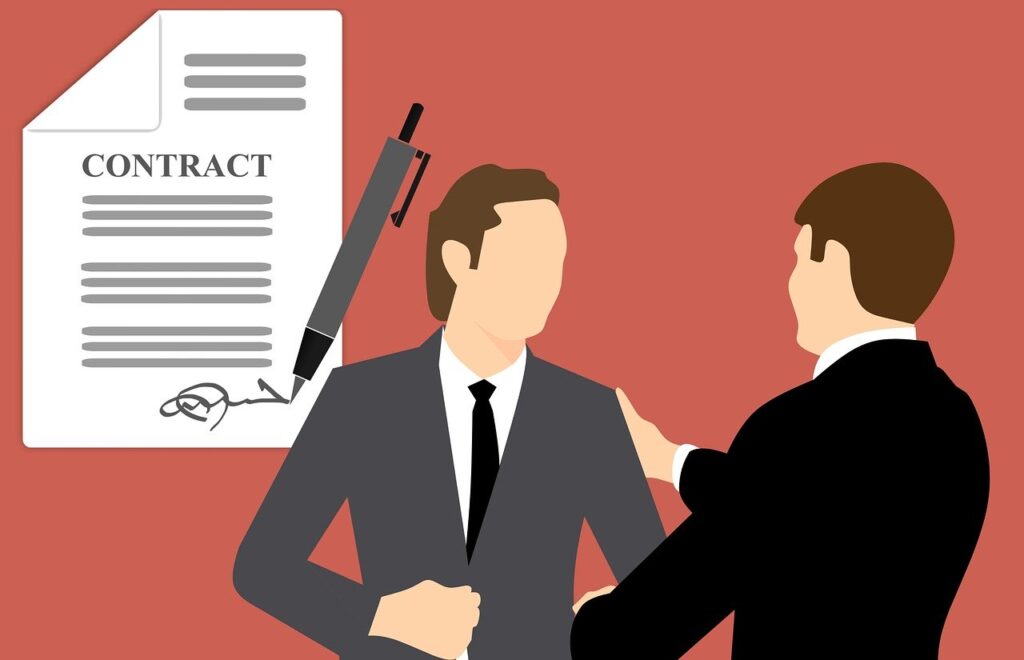Business partnerships are like most relationships: they require time and effort to be successful. A partnership dispute can arise for any number of reasons. Common disputes include breach of a fiduciary duty, unclear or unfair division of responsibility and workloads, and conflict over distributions or the allocation of resources.
Avoiding a Partnership Dispute
Clearly, partners want to avoid disruptions to business operations and other detrimental effects to the success of their business caused by partnership disputes. The easiest way to avoid or quickly resolve a partnership dispute is to be proactive. From the outset of a partnership, set expectations and plan for future complications by working with a lawyer familiar with partnership litigation so that they can draft a partnership agreement to deal with such issues should they arise.
The Importance of Having a Well-Written Partnership Agreement
Every partnership, whether a small business with family or a large multi-partner business can benefit from a well-written partnership agreement. An experienced lawyer who has handled partnership litigation can advise partners about general partnership issues. A lawyer can also advise on issues in specific partnership situations, despite best intentions at the start of the partnership. A partnership agreement should clearly define roles, ownership interests, debt and capital responsibilities, and an exit plan if necessary. For example, should a partner die or choose to leave the business, having a written plan already in place ensures buy-out terms and other details regarding withdrawal of a partnership interest are fair and equitable. It also removes the added headache and heartbreak of attempting to negotiate in the moment.
Resolving the Conflict
Unfortunately, partnership disputes can still arise even with the best of intentions and proper planning. In the event of a dispute, business lawyers with partnership litigation experience can guide partners through the steps to resolve the conflict. This first step is typically identifying any controlling or guiding documents, like a partnership agreement or other contracts. In addition, a lawyer can help work through alternative dispute resolution options or requirements like mediation or arbitration. A partnership agreement may explicitly require the resolution process where the agreement in silent or ambiguous. A partnership litigation attorney can advise on the best approach. Mediation is often preferred as the initial resolution route. It is less adversarial, allows for more cooperative solutions, and keeps the dispute private.
Whatever resolution process or processes that the parties attempt, it is valuable to have a lawyer familiar with the process, partnership disputes, and the related documents to facilitate the best possible outcome. If you need legal help avoiding or resolving a partnership dispute, contact the business lawyers at Rogge Dunn Group today.
